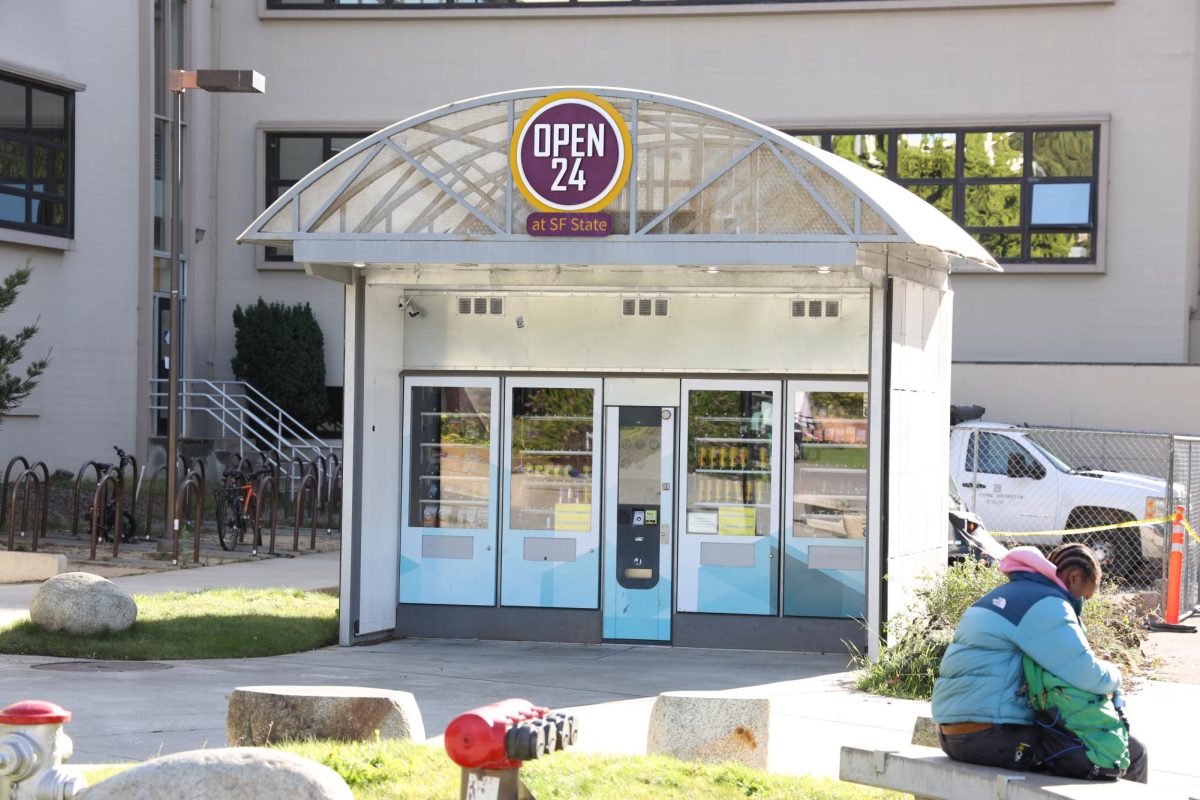I saw the strongest man I know fall to the ground in tears and tell me he failed as a father. No choice of words I spoke or the number of hugs I gave him could stop his breakdown of emotion, but the experience molded me into the individual I am today.
My father kept apologizing, looking up at me with tears running down his face as he told me he could not afford our home anymore after 17 years of living there. My mind wandered to the memories that were made there, from the time I lost my first front tooth to the birthdays when my mother prepared her cheesy enchiladas.
I knelt down with my parents and assured them we would be okay but my mind raced with ideas. I wanted to help, but if we couldn’t afford the place I called home, how could we afford to send me to college?
Regardless of my family’s circumstances, I knew I needed to further my education once I graduated from high school. I wasn’t going to be deterred by the fact that nobody in my family has attained a college degree. Financial problems and other hurdles should not prevent anyone from attending college and reaching their full potential.

I have always heard my parents explain to my two older siblings that the reason they worked so much was to provide us with a home and the money to afford college.
When my older sister told my parents she was getting married right after high school and my brother announced he was dropping out, I saw my father’s persona go from a teddy bear to the Incredible Hulk in seconds. He slammed his fist on the wooden table, telling them how he and my mother had lived in a car their first five years in the U.S. in order to provide a better future for their children. My mother and father looked at each other and questioned where they had gone wrong as parents.
Two months into my senior year of high school, I decided I should not give up on furthering my education, so I started looking into school options. When the application deadlines approached, I avoided talking to my parents about it because I knew they couldn’t afford it, but they insisted. Still, I didn’t want to give myself the illusion I would graduate from high school and go directly to a four-year university, so I planned to postpone school and save up money on my own.
After receiving eight acceptance letters, my main concern was how am I going to pay for school? I scrambled for scholarships and was offered the Pell Grant, which, with the help of my AP test scores, is the reason I am able to attend SF State. The will to learn and the effort an individual puts into his or her grades should be the basis in furthering one’s education, not the parents’ bank account.
People should not be discouraged to attend college if that is what they want to do. Every school should provide resources for people like me, who excelled with good grades throughout high school and want to receive a degree but who worry about financing their education. At SF State, we have resources and programs such as the Educational Opportunity Program that helps first-generation students excel in classes and plan a path toward a degree.
I almost held off on college and most likely would not have furthered my education if it were not for my parents pushing me to apply. Right when it seemed I would follow the same path as my siblings, I found a way to pay for my education and be a first-generation college student.
My parents should be in retirement by now, or at least be able to enjoy their lives more. Instead, they continue to work numerous hours to keep our family-owned construction companies running. I’ll never be able to truly express how much I appreciate their sacrifices to put me through school, and there will always be a part of me that feels guilty because of it. Personal problems or financial hurdles should not prevent individuals from attending a university or pursuing their dreams. It should be a motivation to accomplish and live out your dreams.







Ian Somer • Jul 29, 2015 at 8:58 am
From my own experience with college and money I can say that it is really hard to set right priorities here. If the government gave good perspectives for graduates, it would have been one thing. But since it is not, many students choose to work right after high school. They simply questions themselves: why would I need to write essays days and night (and, most likely, apply to authority writing services online) when chances that I will be able to get employed are very small. I understand their doubts.